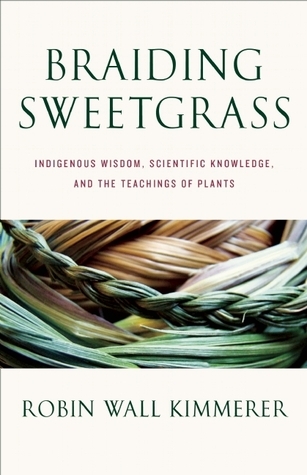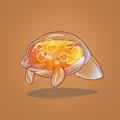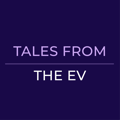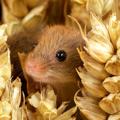Taylor Drew reviewed Braiding Sweetgrass by Robin Wall Kimmerer
Mixed feelings
3 stars
I loved so much about this book, but it also made me so mad, and as a result, took me 3 months to finish listening to. There were so many anecdotes and tidbits from the author that I really appreciated and a lot of things I simply had never heard about before that I'm glad that I know now. It made me start to brainstorm ways that I can be more connected and take care of the earth better even though I live in a huge urban center. But at the same time, there was this really icky undertone of classism in some of the chapters that I really think made this book less. Perhaps this would go unnoticed by someone who hasn't been exposed to people from many different places before, or lived in many different types of environments before, but it was really noticeable to me. I also …
I loved so much about this book, but it also made me so mad, and as a result, took me 3 months to finish listening to. There were so many anecdotes and tidbits from the author that I really appreciated and a lot of things I simply had never heard about before that I'm glad that I know now. It made me start to brainstorm ways that I can be more connected and take care of the earth better even though I live in a huge urban center. But at the same time, there was this really icky undertone of classism in some of the chapters that I really think made this book less. Perhaps this would go unnoticed by someone who hasn't been exposed to people from many different places before, or lived in many different types of environments before, but it was really noticeable to me. I also found the author's somewhat interchangeable use of immigrant, settler, and colonialist, to be rather unsettling given the current political climate. I realize that this book is somewhat older, and that topics of Indigenous sovereignty can be fraught in the Americas and Australia in particular, but it nonetheless struck me as somewhat careless in contrast to how much care the author puts into expressing reciprocity in such explicit terms.
I was really excited about this book given how many good things I've heard about people who've read it in the past year so, but I'm feeling more on the negative side of lukewarm about it, which is a shame. Maybe I'll have to try it again at some point with some more education under my belt and see if I feel more positively about it then.







